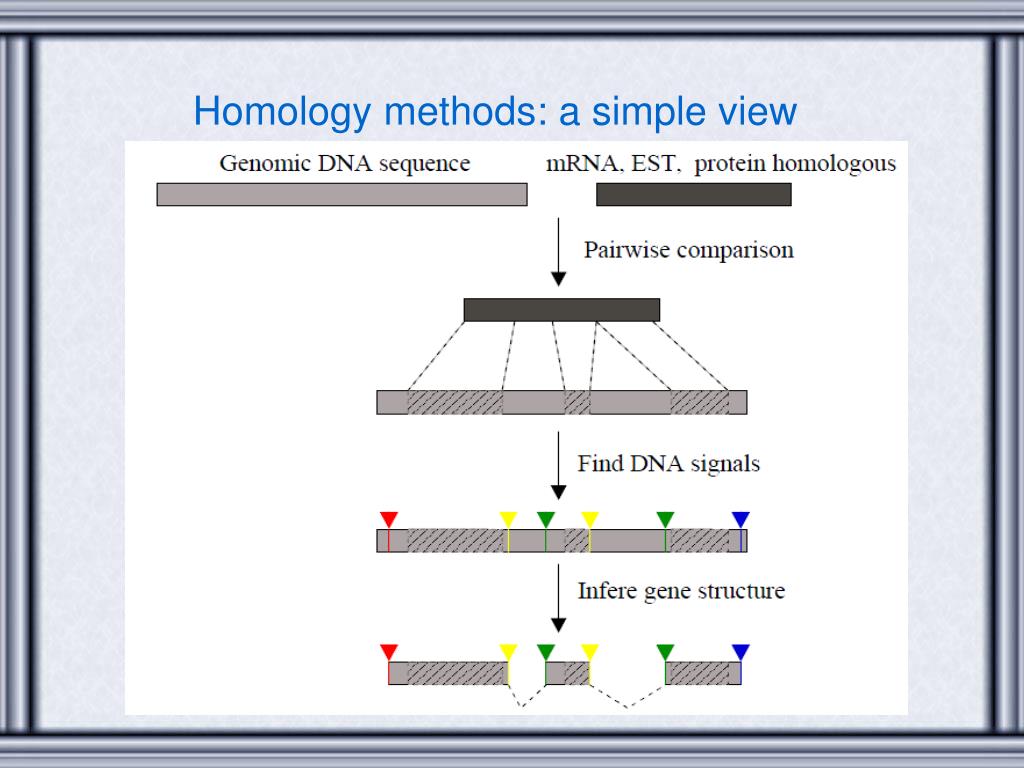

In August 2021, the companies closed the merger despite the FTC’s ongoing challenge and in the face of a European Commission investigation. In March 2021, the FTC commenced an administrative proceeding challenging the merger. Illumina claims that the merger will also create R&D efficiencies and result in lower prices to consumers. According to Illumina, the merger will accelerate the development, approval, and adoption of Galleri, which is still years away from wide-scale commercialization. In September 2020, Illumina announced it had agreed to reacquire GRAIL for $8 billion. Illumina formed GRAIL in 2016 and spun it off in 2017. And, according to the FTC, Illumina is the only NGS platform capable of meeting the technological demands required by MCED test developers, including GRAIL’s rivals that are racing to develop and launch their own MCED tests. Galleri relies on a DNA sequencing technology called next generation sequencing (“NGS”). According to GRAIL, Galleri uses a simple blood draw to detect early signs of more than 50 types of cancer, many of which are not commonly screened for today. GRAIL’s multi-cancer early detection (“MCED”) test, Galleri, is the first MCED test to market.

The FTC’s bid to unwind the merger of DNA sequencing leader Illumina and GRAIL, a biotech company focused on early cancer screenings could impact the health of both merger enforcement and potential cancer patients. on Tuesday by urging an FTC administrative law judge to undo the $7.1 billion deal, arguing it would harm innovation and boost prices of cancer-screening tests. The FTC kicked off its trial challenging Illumina Inc.’s completed acquisition of GRAIL Inc.


 0 kommentar(er)
0 kommentar(er)
